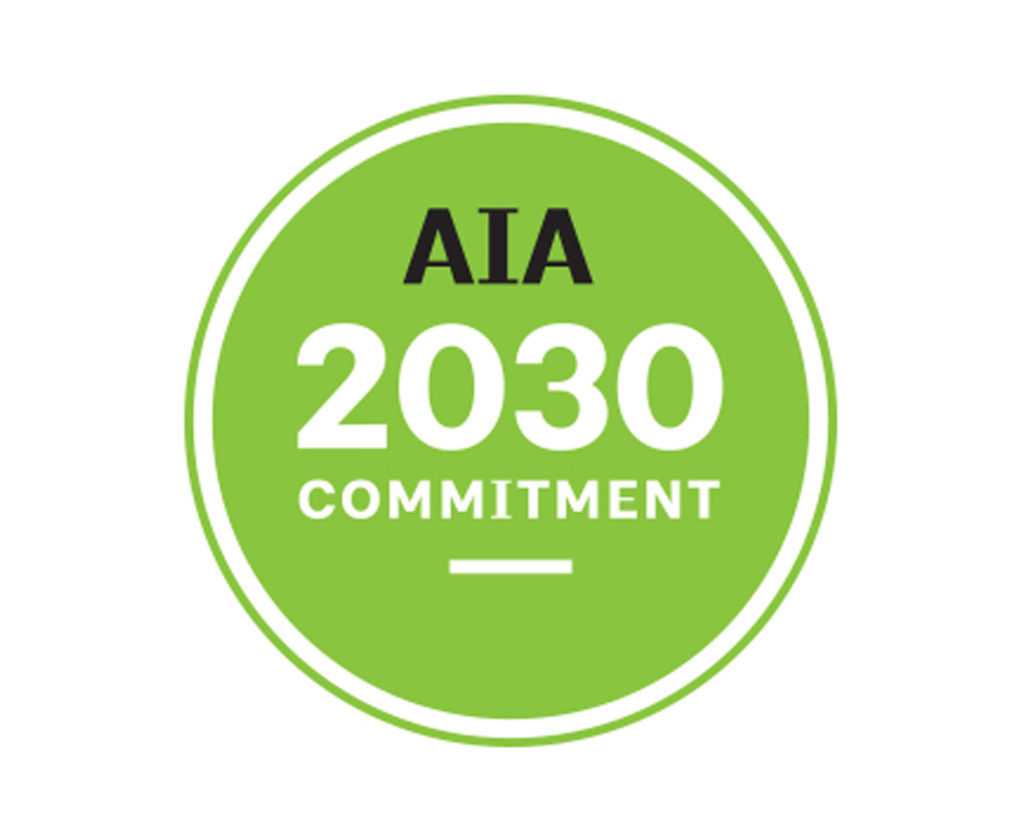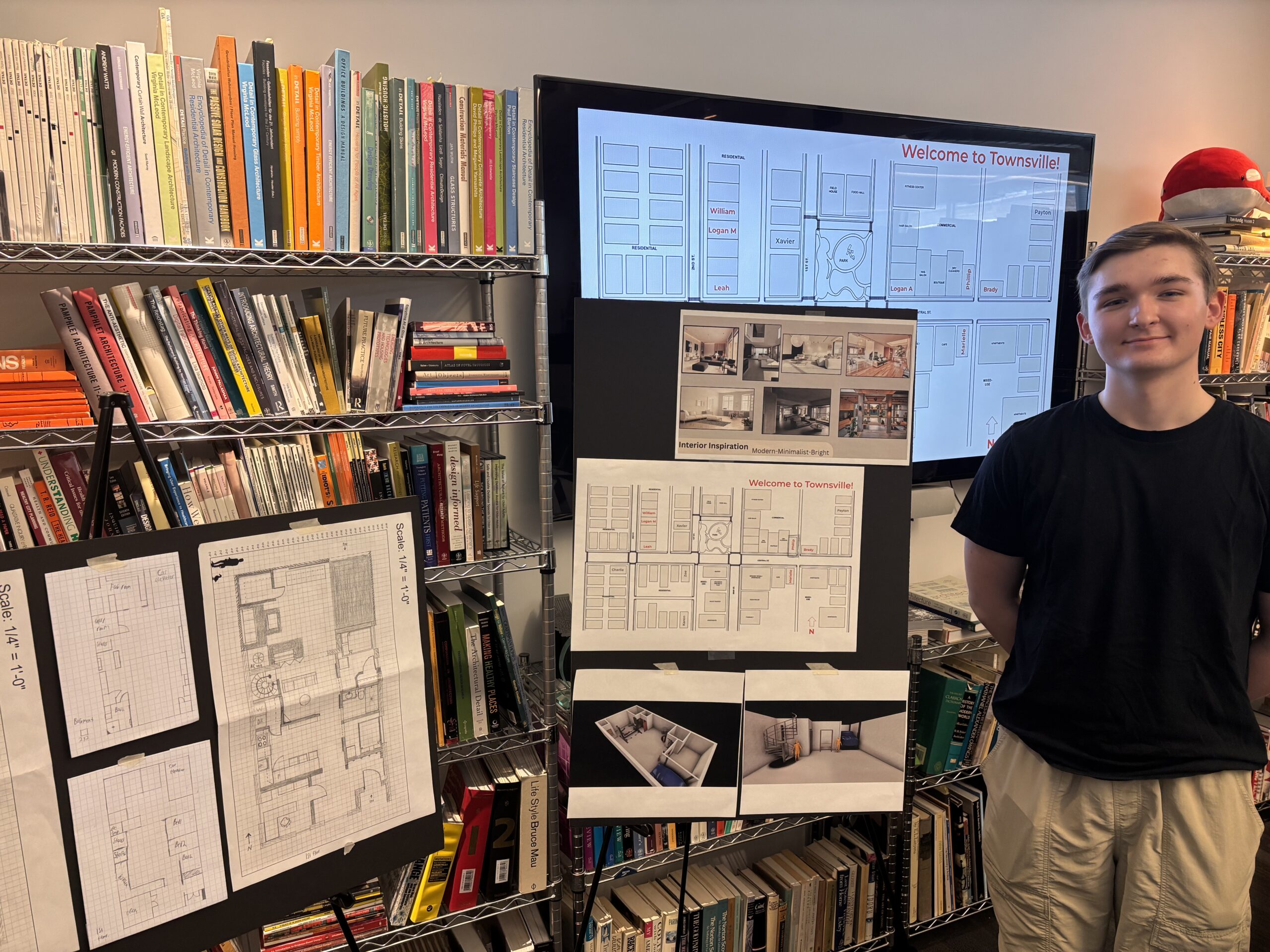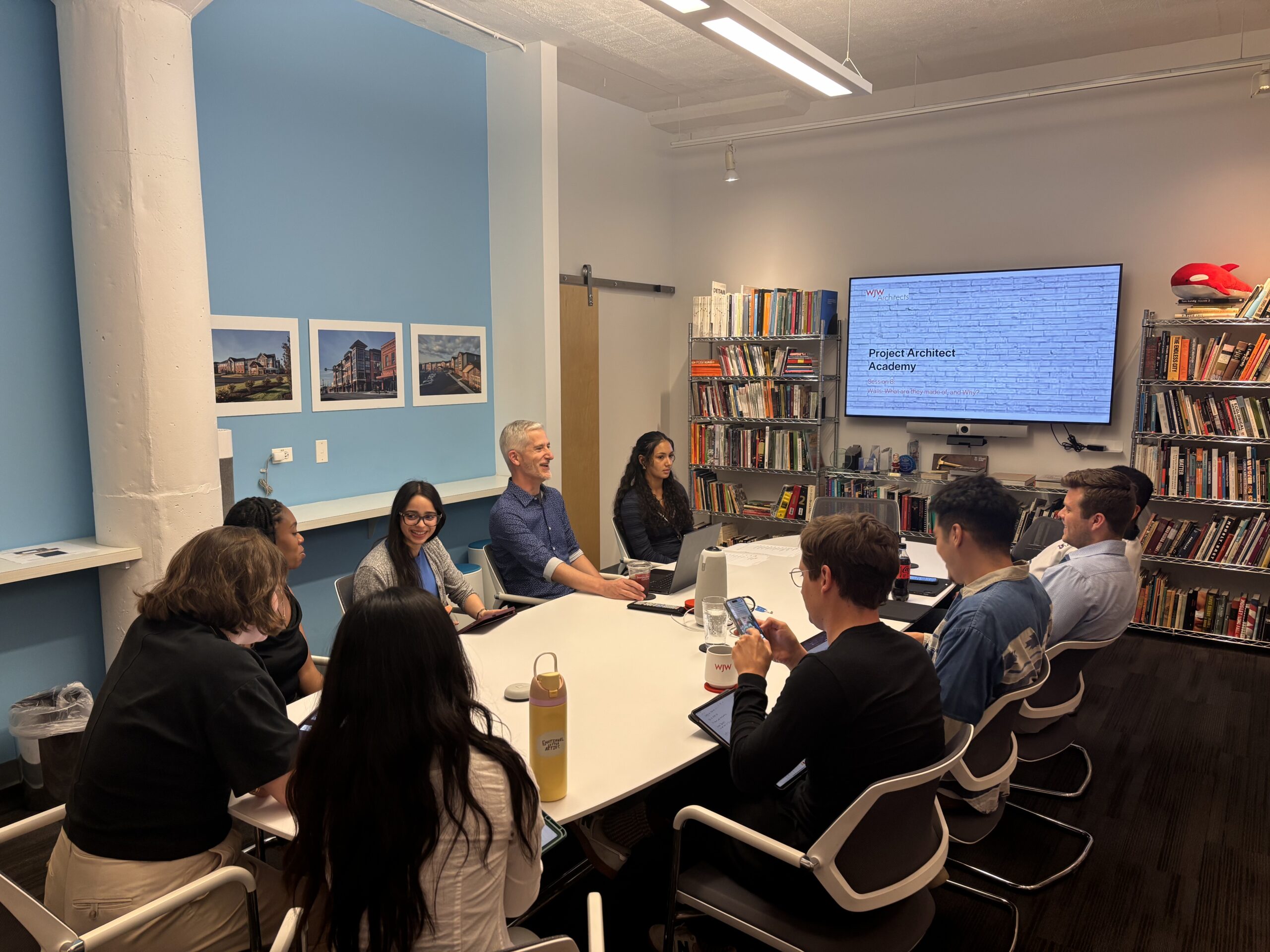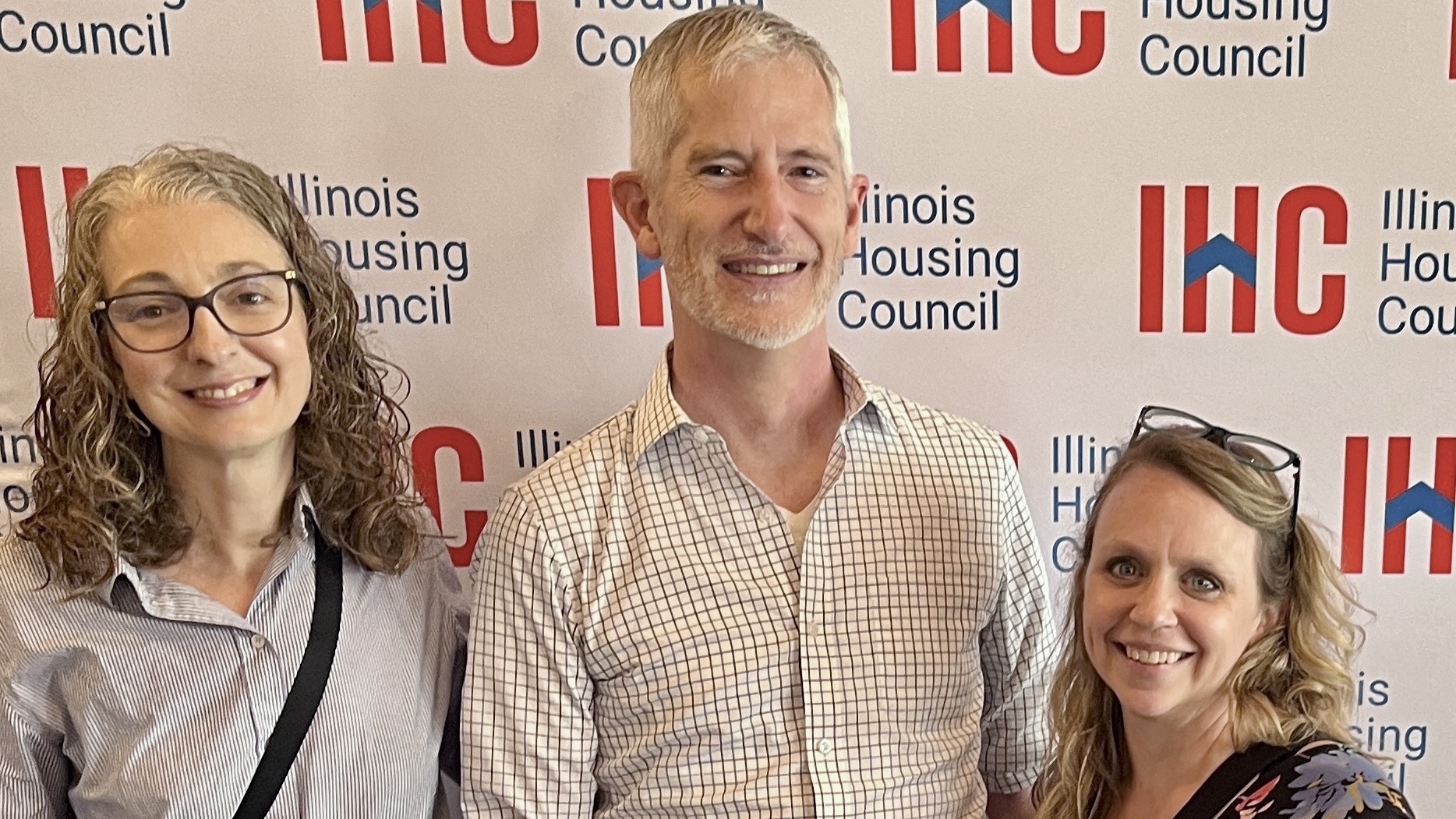WJW signs AIA 2030 Commitment
WJW is proud to announce that the firm has joined the AIA 2030 Commitment.
The AIA 2030 Commitment asks architecture firms to dramatically reduce the carbon emissions of the buildings they design, with a goal of carbon-neutral buildings by the year 2030. Over several five-year intervals, firms are challenged to hit progressively more stringent reduction targets; 80% reduction by 2020, 90% reduction by 2025, and 100% carbon neutral by 2030.
WJW has sustainability built into the DNA of our firm. In our history, over 45 projects have achieved National Green Building Standard designation, LEED designation, Enterprise Green Communities Certification, or Energy Star designation. Upcoming projects are being designed to Zero Energy Ready status. In fact, in 2018, we were named a National Green Building Standard Green Partner of Excellence. By documenting and demonstrating our achievements toward decarbonization for clients and the public, WJW can assert the importance of sustainable design practices while creating more defined standards for sustainability within the firm.
This has a practical impact as well, helping lower utility costs for communities and low-income residents, where a lower monthly heating bill can have a real-world impact on cost-of-living concerns and budgets. Coupled with a focus on evidence-based design for healthy living environments, WJW intentionally designs for the long-term benefit of residents.
Joining the AIA 2030 Commitment not only proves WJW’s commitment as a leader in climate action, but also will aid our ongoing advocacy to positively impact the lives of lower-earning individuals while reducing carbon emissions for our clients – providing a more sustainable built environment for future generations of the vulnerable populations we serve.



